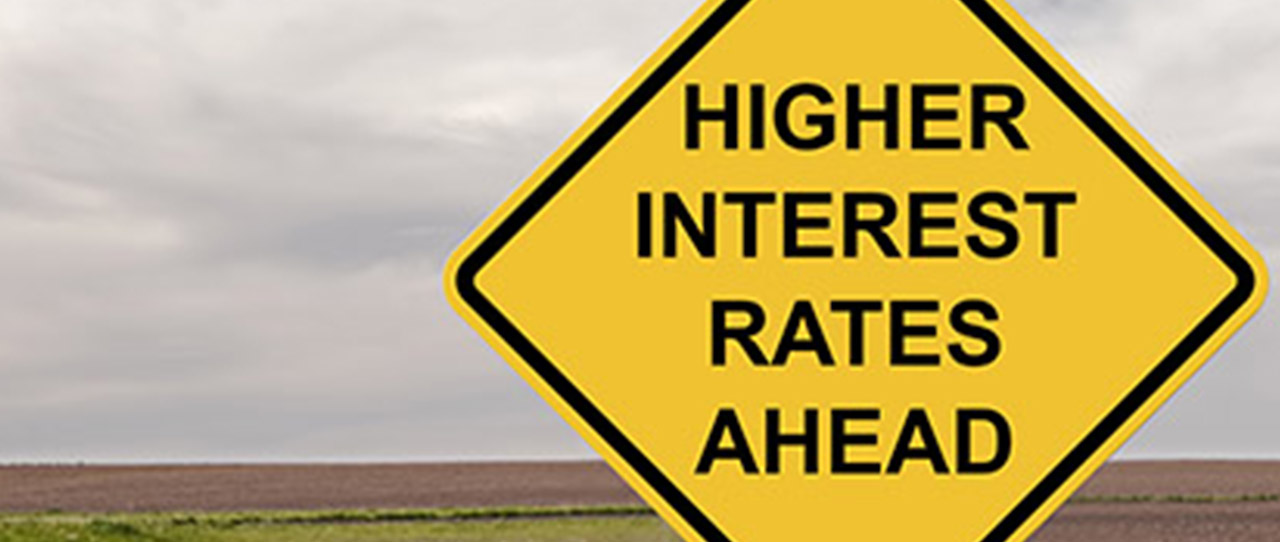

Posted: 2019-02-08 | Author: Richard Simon
For the past several years, mortgage interest rates have been at or near historic lows. In fact, just a couple years ago, you could get a 30-year fixed rate mortgage for under 3.5%. During the fourth quarter of 2018, rates started to tick up toward 5%. But as of the first quarter of 2019, they have fallen back into the 4.5% range. Why is all this important? Because the mortgage rate you finance at plays a major role in determining how much you can afford to borrow.

Mortgage lenders qualify homebuyers based on a number of factors, and among the most important is your debt-to-income (DTI) ratio. DTI is the amount of monthly debt you have as a percentage of your overall gross income. In general, your allowable debt-to-income ratio is no more than 45%. This means that all of your monthly debt obligations, which may include your housing payment, auto loans, student loans, credit card monthly minimums, and personal loans, should not exceed 45% of your income.
Here is an example of how this may play out. If your monthly gross income is $6000, your maximum allowable monthly debt obligations would be $2700. If your car loans and other debts add up to $1200 dollars, that leaves $1500 for your housing payment. Now let's assume you are trying to buy a house in the Phoenix area for $350,000, and you are planning to put 20% down, or $70,000.
If the interest rate was 4.5% for a 30-year fixed mortgage, your monthly housing payment would be $1419, and the overall cost of your mortgage would be $510,739. At this rate, your monthly mortgage payment would fit into your allowable 45% DTI ratio, which means you would likely get approved for the mortgage (assuming you have decent credit there are no aggravating circumstances).
Now, if interest rates for a 30-year fixed mortgage went up just half a percent to 5%, Your monthly mortgage payment would go up to $1503, and the overall cost of your mortgage would jump to $541,116, an increase of $30,377 over the life of your loan.
So, you can see that just a seemingly small uptick in mortgage interest rates can cause home buyers to lose significant purchasing power; and as shown in this example, it can even price you out of the market for the home you have your heart set on purchasing. This is why it is important to lock in your rate if you are ready to buy, especially in a market as volatile as the one we are in today.
It is important to note that rising interest rates do not occur in a vacuum, and there may be other factors that can work in your favor. For example, in a market where interest rates are going up, there are usually fewer buyers who can afford homes in a certain price range, which might tend to put downward pressure on overall home prices. That said, things do not always work out this way, and sometimes it can take a while for factors like these to be reflected in the marketplace.
Speak with a Local Mortgage Lender to Lock in Your Rate
If you are looking to purchase a home in the near future, interest rates are still lower than at most other times in history. However, no one can accurately predict how long these conditions will last. To be sure you are able to qualify for the home you want, it is best to lock in your rate as soon as possible. For skilled guidance finding the mortgage product that is right for you, get in touch with a local mortgage lender to discuss your options.

